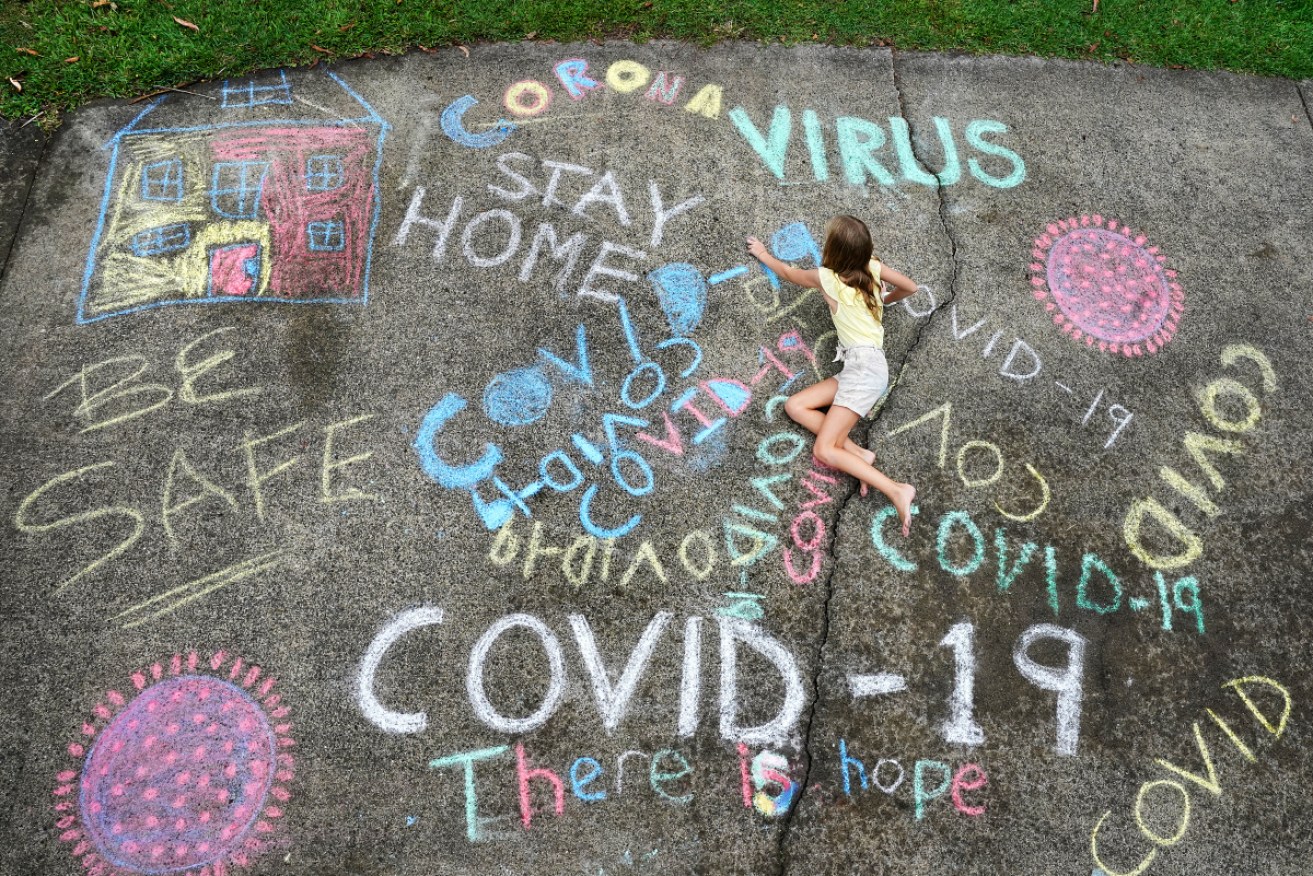Boost for mental health services as pandemic hits hard


Australians are struggling with isolation and job loss. Photo: AAP
The federal government is boosting funding for mental health services by $48.1 million amid fears the virus crisis will take a wider toll on Australians.
The funding boost got the tick of approval as part of a national mental health and wellbeing pandemic response plan agreed at a meeting of National Cabinet on Friday.
“Australians are hurting right here and right now,” Prime Minister Scott Morrison said after the meeting.
“And National Cabinet has been very aware of these impacts.”
Mr Morrison said the extra telehealth capability rolled out recently had already prompted Australians to return to mental health providers in pre-pandemic numbers.
“It’s an important reminder to all Australians, of course, keep COVID-safe, but don’t neglect your other health conditions,” he said.
In other health measures, National Cabinet also agreed to restart elective surgery across Australia. Mr Morrison said the states would set the pace for which surgery resumed, and when.
National Cabinet also had an economic update from the heads of Treasury, the Reserve Bank and the superannuation sector watchdog on Friday.
Almost 600,000 Australians lost their jobs in March and April.
The jobless rate rose to 6.2 per cent and was accompanied by a record fall in the number of people who either have work or are looking for it.
Another six million workers are covered by the JobKeeper wage subsidy scheme, including many who have been stood down but aren’t officially counted as unemployed.
The meeting came as the Victorian government published modelling that warned that, without decisive action, an extra 370,000 people in the state would seek treatment or be hospitalised in the next three years because of mental health problems related to the coronavirus emergency.
It is also feared there will be hundreds more deaths to suicide each year.
Australia had 7017 coronavirus cases on Friday, about 6300 of them recovered. The death toll is 98, and 50 patients are in hospitals across the country.
Health experts have offered advice to leaders about how people can safely use public transport and return to workplaces.
Now this is a quarantine update we can get behind! 👏👍 Well done everyone on sticking it out at home for so long!
Keep doing things that bring you joy, make you feel safe, and help you to #LookAfterYourMentalHealthAustralia ❤️ pic.twitter.com/MA8kg0uNdc
— Mental Health Australia (@AUMentalHealth) May 12, 2020
Deputy chief medical officer Nick Coatsworth said Australia was in a unique position with few cases of coronavirus not linked to known clusters or transmission chains.
Testing blitzes nationwide – with 34,000 tests in the 24 hours to Thursday alone – have given officials confidence there are few undetected cases in the community.
“But that increased mobility, of course, means increased contact between people,” Dr Coatsworth said.
“As we all have discussions with our employers about getting back into the workplace, we naturally turn our minds to things like returning to public transport, returning to shared communal areas, areas that we all know it is difficult to maintain physical distance within.”
Only so much could be done through regulation and every Australian had personal responsibility for maintaining hygiene and keeping a physical distance from others, he said.
If you need help:
Lifeline 131 114
Kids Helpline 1800 551 800
MensLine Australia 1300 789 978
Suicide Call Back Service 1300 659 467
Beyond Blue 1300 224 636
Headspace 1800 650 890
QLife 1800 184 527
-with AAP








